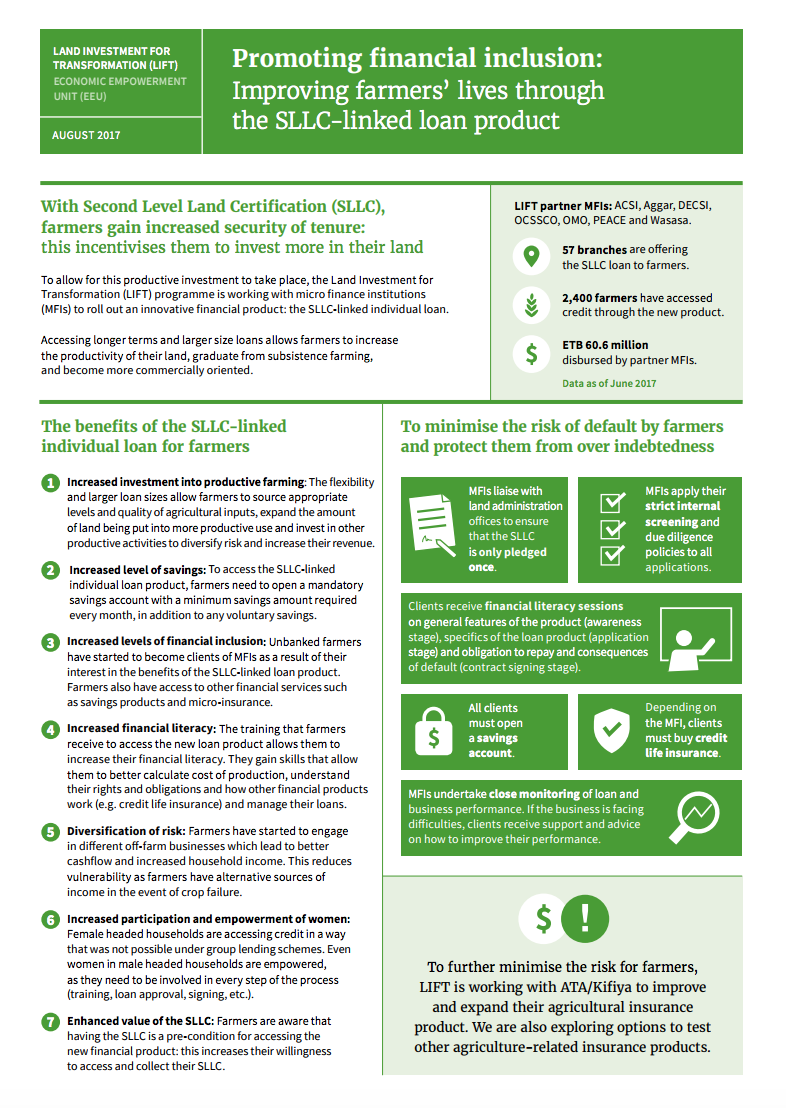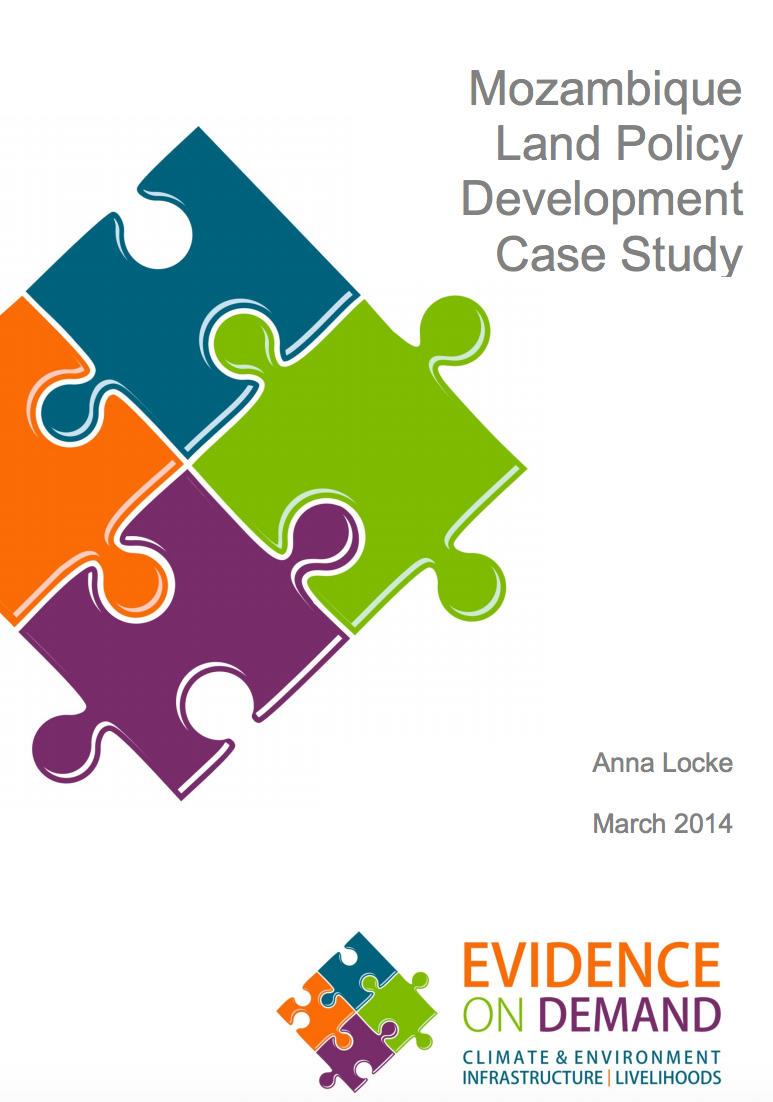DAI (Development Alternatives Incorporated)
Mission
DAI’s mission is to make a lasting difference in the world by helping people improve their lives. We envision a world in which communities and societies become more prosperous, fairer and better governed, safer, healthier, and environmentally more sustainable.
Land Tenure and Property Rights
Secure property rights are key to economic growth. Equitable access to land is the basis for pro-poor and socially inclusive economic growth; and competition for land often inflames tensions between different groups, resulting in conflict. In the context of climate change and population growth, with greater pressure on scarce resources, secure and equitable access to land is becoming increasingly important. As a result, the international development community is escalating its support for land-related programs around the world. DAI works across all types of tenure systems—customary, private, and public—to strengthen the security and rights of land users by focusing on the appropriate reforms and capacity building that are appropriate in each context. We do so in cost-effective ways, working with and through familiar local institutions in which local inhabitants have confidence, so they can improve their livelihoods. We ensure that processes are community-driven in conjunction with effective capacity building at the institutional level. We believe that an integrated approach, incorporating all the key elements under a single program management framework, is the best approach. Some of those elements include:
- Locally tailored interventions that build upon local practices and experience.
- Pilot testing of innovative practices which then allow for larger roll-out programs.
- Working to ensure that the poor, women and marginalized groups are integrated into every aspect of the program.
Our land tenure and property rights work includes securing property rights, supporting policy and legal reforms and regularization, cadaster development, land record rehabilitation and management, land information systems, institution building and information dissemination, participatory land use and resource planning, dispute resolution and mitigation, training, research and communications, and grants management. DAI holds an indefinite quantity contract with USAID—Strengthening Tenure and Resource Rights (STARR)—through which DAI and specialist partners provide land tenure and property rights services to the U.S. Agency for International Development and its government, private sector, and nonprofit partners around the world. DAI tenure specialists carry out cutting-edge research on the impacts of tenure interventions on economic development, equity, and social stability. We are also a leading provider of land services to UKaid through the U.K. Department for International Development, with a successful portfolio of work in Africa and the Caribbean.
Resources
Displaying 11 - 15 of 17Promoting financial inclusion
With Second Level Land Certification (SLLC), farmers gain increased security of tenure: this incentivises them to invest more in their land.
To allow for this productive investment to take place, the Land Investment for Transformation (LIFT) programme is working with micro finance institutions (MFIs) to roll out an innovative financial product: the SLLC-linked individual loan.
Accessing longer terms and larger size loans allows farmers to increase the productivity of their land, graduate from subsistence farming, and become more commercially oriented.
Land tenure in Africa: Lessons learnt and the road ahead (podcast)
Security of land tenure and property rights has received much attention in recent years. While appetite for land reform initiatives is not new, investment is increasing steadily, as evidence emerges that secure tenure is key to achieving economic growth, food security and other development goals.
From the mid-1980s, growing populations have put pressure on land and other natural resources, which has resulted in increased poverty levels, land conflicts and concerns for global food security.
Mozambique land policy development case study
This case study has been produced in response to a request made to the Evidence on Demand Helpdesk. The objective of the request was to provide a detailed case study on the evolution of land policy in Mozambique and provide the reader with insights into what is viewed as one of Africa’s most progressive land laws, recognising multiple forms of tenure.
Topic Guide: Land. Evidence on Demand
This Topic Guide is written for DFID staff, but is relevant to all development professionals. It comprises the following sections:
Case study on land in Burma
This case study has been produced in response to a request made to the Evidence on Demand Helpdesk. The objective of the request was to write a detailed case study on land tenure reform in a fragile and post-conflict state, Burma, and provide the reader with an understanding of how land tenure reform can work under the country’s particular social, political and economic conditions.





